
OR
Opinion
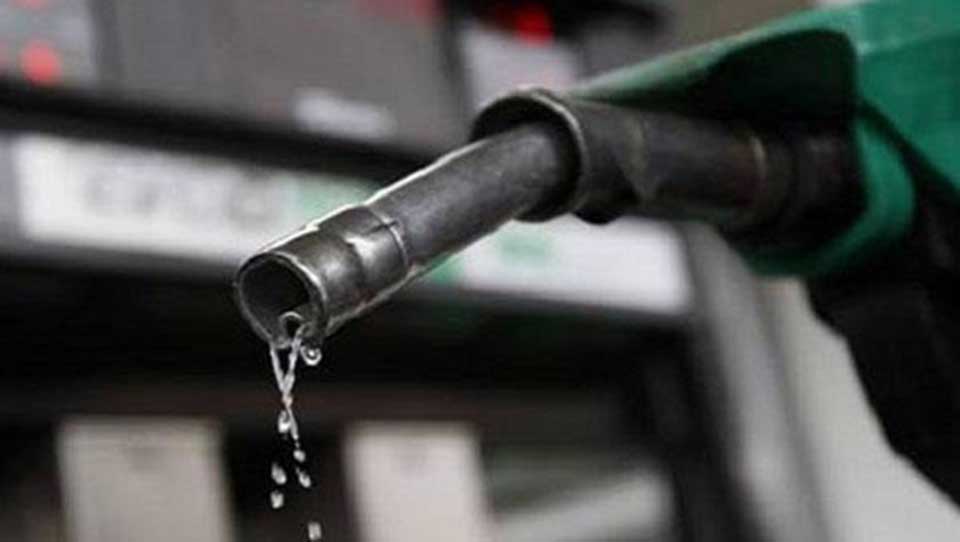

Shanker Man Singh
(The author is a former head of Nepse and SEZ and is currently affiliated with the private sector.)news@myrepublica.com
After the increase in consumption, the management cost per liter has to be reduced. What does the NOC do? What is the function of the Price Stabilization Fund? Why not use it? Shouldn't the tax levied by the government be reduced in such a short time? Why charge more than the cost price?
Consumers have been forced to pay exorbitant prices due to the tax burden on petroleum products. The government has been collecting revenue under various headings on the basis of fuel prices. However, the revenue raised in this way does not seem to have been put to good use.
Nepal Oil Corporation (NOC) has been doing business by purchasing fuel from the Indian Oil Corporation (IOC). The IOC sends new price lists to the NOC on the 1st and 16th of every month based on international price fluctuations. On the basis of the same price lists, the NOC fixes the new price and fixes the retail price in the case of the consumer.
NOC increased the prices of diesel, petrol, kerosene, gas and aviation fuel, once again, a few days back. The prices of diesel, petrol, kerosene and aviation fuel have been increased by Rs 2 each. The corporation has stated that the prices have been adjusted in the domestic market due to the increase in the price of fuel in the international market. According to the new price, petrol has gone up to Rs 130 per liter, diesel and kerosene to Rs 113 per liter and aviation fuel has risen by Rs 86 per liter. Similarly, the price of cooking LPG has been increased by Rs 25 per cylinder to Rs 1,450. After the price adjustment, the corporation has incurred a loss of Rs 8.42 on petrol, Rs 2.64 on diesel and Rs 420 per cylinder on gas. The corporation has also stated that it has incurred a loss of Rs. 969 million in the last 15 days.
Why not find an alternative way to increase prices? Here are 10 solutions and tips:
As the price of diesel rises, so does the overall transportation fare, and so does the cost and price of all sectors. Gas is connected to the kitchen of every household, it affects the kitchen of the poor, why not find alternative ways to increase prices? After the increase in consumption, the management cost per liter has to be reduced. What does the NOC do? What is the function of the Price Stabilization Fund? Why not use it? Shouldn't the tax levied by the government be reduced in such a short time? Why charge more than the cost price? The infrastructure tax is now removed, the money has not been used. Due to the increase in the price in the international market, the price of the country's oil has been adjusted automatically and in recent times, the NOC has not had to bear a financial loss.
In the past, NOC earned a bad name as a monopoly organization for the sale and distribution of petroleum products by the government. This sector, which is making a significant contribution to the national economy, seems to be generating significant revenue annually.
According to the general principles of economics, some people are of the opinion that an organization that sells expensive goods at a cheap price cannot keep its financial condition satisfactory or profitable and the Nepal Oil Corporation cannot keep it. There are also those who believe that the government should gradually liberalize the business through its state-traded organization and give it to the private sector as well. In the context of globalization, the government's job is not to trade. This does not rule out the possibility of supplying petroleum products at competitive prices. The hardest part is convincing the people in the oil sector and convincing them on the fact that prices need to change.
It is certain that the price increase will affect the entire country and it will also affect the country's budget and balance of payments. Due to the current political instability and uneasy situation in the country, the Nepali people are suffering from petroleum price rise.
Instead of gradually increasing the price of petroleum products, the Government of Nepal could have reduced total consumption by adopting various energy saving or alternative measures. For example, reduction of tax rate if 4 people use the same vehicle or full use of the vehicle, emphasis on maximum use of the vehicle instead of going to the same destination, empty vehicle and adoption of security system etc. Even if the development and safety of lifting culture in Nepal were guaranteed, the total consumption could have been reduced to some extent. Although it is difficult because of Covid-19.
In most developing countries, the price of petroleum products is determined from a political point of view, and that is terrible. Attempts to influence economic transactions from a political point of view can only lead to economic failures. It is true that politicians try to gain cheap popularity after coming to power, but it should not be done in such a way as to adversely affect the national economy. Nepal, like other developing countries, could not remain untouched by this bad politics. But in some countries, national oil companies have a monopoly. In some countries, the role of state-run monopolies is minimal, but most of the value goes to them. Most retail prices cannot cover the cost of imports. Therefore, in such cases, concessions and discount concessions i.e. subsidy and cross-subsidy are provided. In the case of Nepal, there is a huge gap between the buying and selling prices of petroleum products due to the policy of adjusting the profits of petrol and aviation fuel to the kerosene deficit in order to maintain economic balance in society. Remember that kerosene is the most expensive and aviation fuel is the cheapest, but in terms of social justice, pricing is just the opposite.
At present, there is a method of automatic pricing which determines the price on the basis of maximum and minimum prices. The government of Nepal has to deregulate petroleum products under the relevant laws and regulations for independent regulation, and Nepal Oil Corporation has to be privatized. Or the private sector should have equal opportunity to open import, distribute and market petroleum products, regulators should set price limits so that prices do not go too high or too low, especially in a less competitive market.
In the past, when the government increased the price of petroleum products, there was a tradition of loud protests and the protests would continue until the next price hike. Although there is not much difference in international prices between petrol, diesel and kerosene, the tax rates set by the Government of Nepal, the policy of concessions and political reasons are the main reasons for the wide price difference in these products in Nepal.
As petroleum products are a matter of concern for Nepalis across the country, it is important to have transparency and inform the public about the work done toward the same. Although the corporation is aware of the cost of procurement from abroad, customs duty, transportation, dealer commission and the corporation's capital expenditure etc demand transparency about leakage.
Due to the rising oil prices in the Indian market - India and Nepal have open borders - it is not uncommon for oil to be exported to India, no matter how effective the monitoring is for controlling theft. At the same time, it is necessary to pay equal attention to the distribution of quality petrol in Nepal as there is a large number of businessmen involved in this business who want to get rich quick by mixing cheap petroleum products with high priced petroleum products.
You May Like This
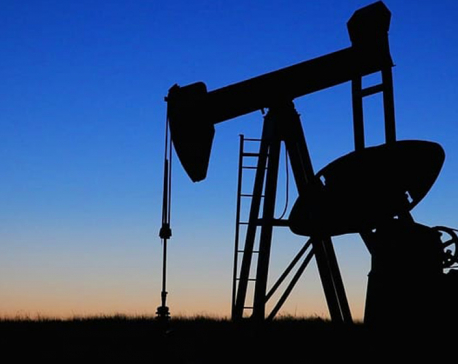
Oil Price Hike in Nepal: Some Critical Observations
In this context, the market for petroleum products is so sensitive that fluctuations in the international market price may not... Read More...
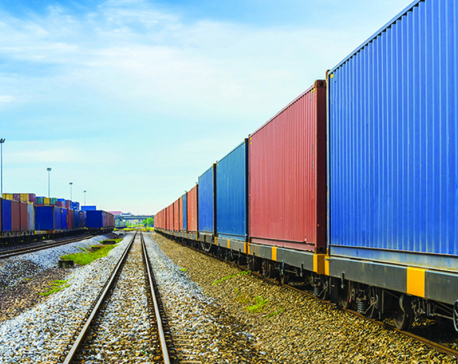
Trade war impact: 25% hike on China's imports to US can make Indian products competitive, says CII
NEW DELHI, Aug 6: With the US imposing additional 25 percent duty on imports worth $34 billion from China, certain Indian... Read More...
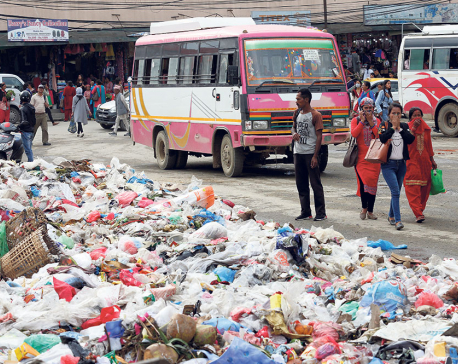
Resolving Kathmandu Valley’s solid waste problems
The waste collectors can make a schedule for waste collection. They can collect only biodegradable waste on one day and... Read More...





Just In
- Nepalgunj ICP handed over to Nepal, to come into operation from May 8
- Nepal to gift two elephants to Qatar during Emir's state visit
- NUP Chair Shrestha: Resham Chaudhary, convicted in Tikapur murder case, ineligible for party membership
- Dr Ram Kantha Makaju Shrestha: A visionary leader transforming healthcare in Nepal
- Let us present practical projects, not 'wish list': PM Dahal
- President Paudel requests Emir of Qatar to initiate release of Bipin Joshi
- Emir of Qatar and President Paudel hold discussions at Sheetal Niwas
- Devi Khadka: The champion of sexual violence victims



_20240423174443.jpg)





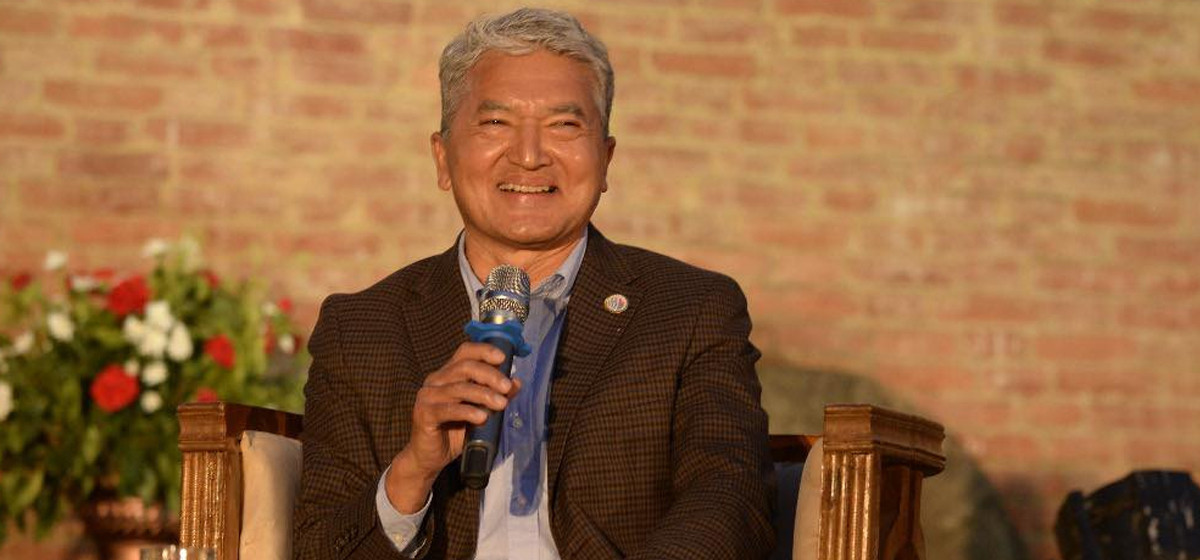
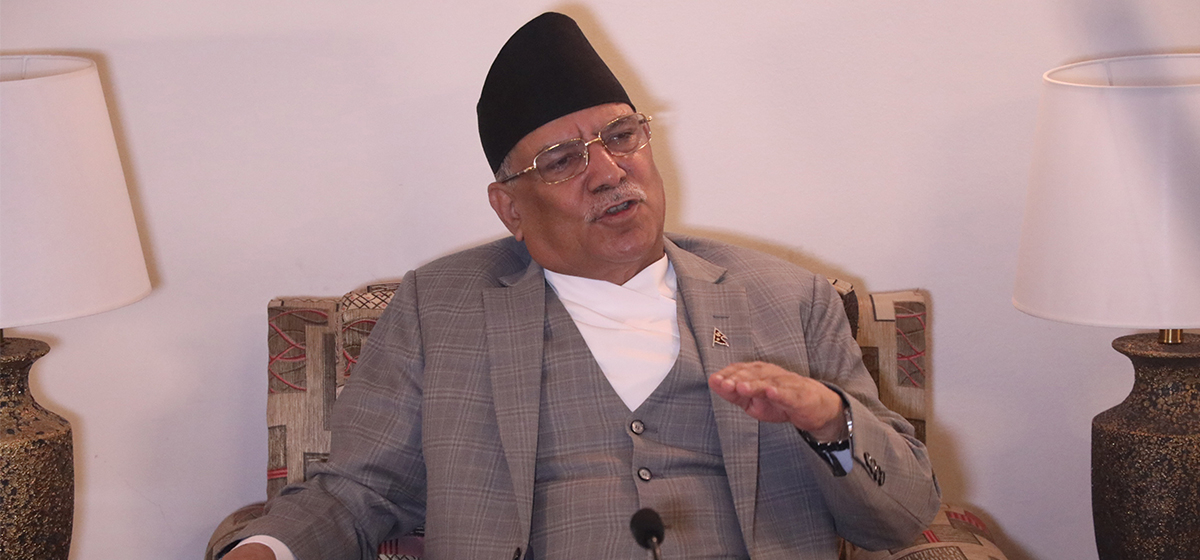

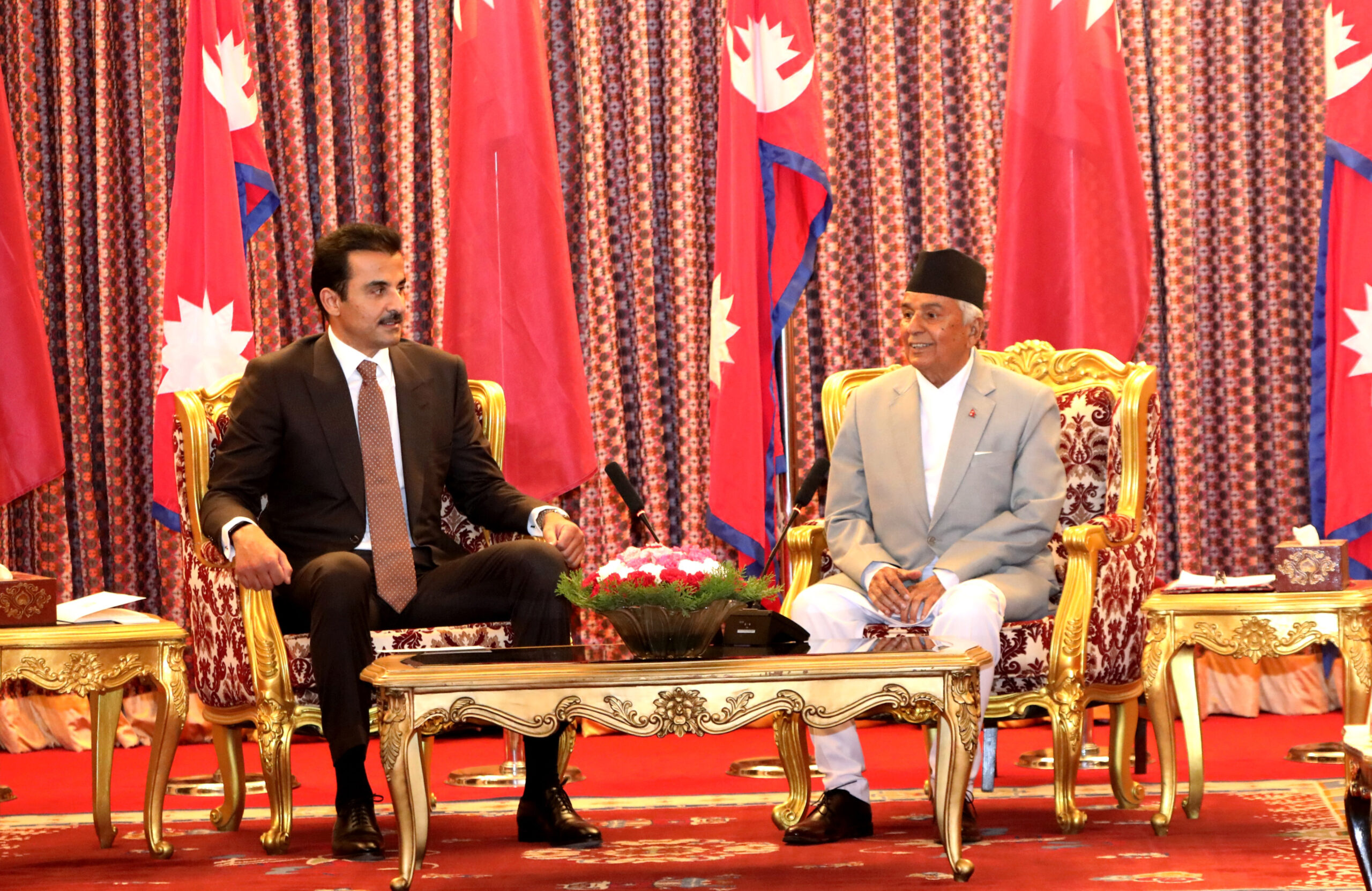

Leave A Comment